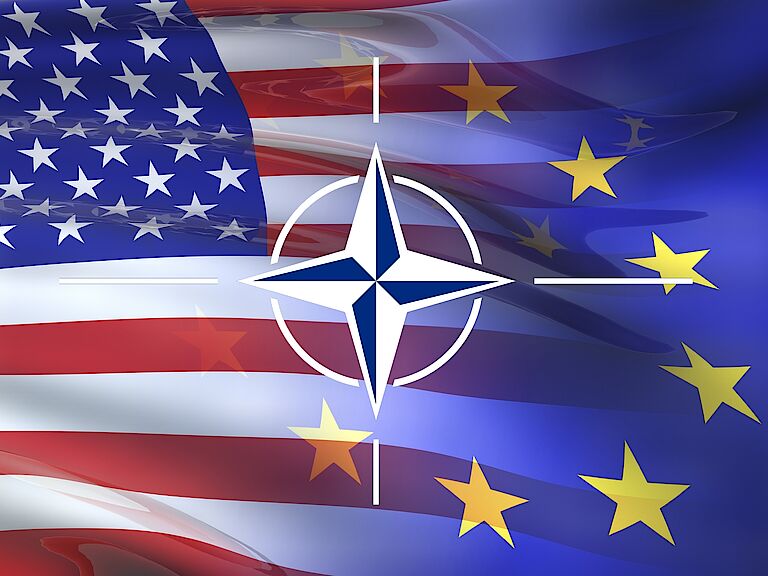Atlantic Forum: Bipartisanship in a Polarized Age: When Democrats and Republicans Cooperate on U.S. Foreign Policy
Project No.:
19-080
Speaker:
Prof. Jordan Tama, PhD
School of International Service, American University, Washington (DC)
Date:
Tuesday, November 5, 2019, 6-7.30pm
Venue:
TU Kaiserslautern, Geb. 57, Raum 208/210 (Rotunde)
Partner:
Politikwissenschaft II, TU Kaiserslautern
Target group:
broader interested audience
Addmission:
no fee
Beschreibung:
Although American politics have generally become very polarized along partisan lines, there still exist areas of U.S. foreign policy that are characterized by some degree of bipartisanship. Yet contemporary foreign policy bipartisanship takes multiple forms: 1) “classic bipartisanship,” in which the president and both parties in Congress are largely united; 2) “anti-presidential bipartisanship,” in which both parties in Congress disagree with the president; and 3) “cross-partisanship,” in which divisions within both parties generate competing bipartisan coalitions. In this project, Prof. Tama traces the prevalence of different forms of bipartisanship in contemporary U.S. foreign policy, and examines how ideology, interest groups, and political incentives lead Democrats and Republicans to align with each other in different ways on different issues.
His analysis draws on an original data set of congressional foreign policy votes, as well as case studies of major recent U.S. debates over economic sanctions, the use of military force, international trade, and spending on diplomacy and foreign aid.
Cover: © by devon, FeaturePics.com
Speaker:

Dr. Jordan Tama specializes in the politics, processes, and institutions of U.S. foreign and national security policy making. His research has investigated presidential-congressional relations, foreign policy bipartisanship, national security strategic planning, the politics of economic sanctions, the foreign policy views of U.S. elites, and the value of independent commissions. Dr. Tama's publications include three books: Rivals for Power: Presidential-Congressional Relations, Sixth Edition (co-edited with James A. Thurber); Terrorism and National Security Reform: How Commissions Can Drive Change During Crises; and A Creative Tension: The Foreign Policy Roles of the President and Congress (co-authored with Lee H. Hamilton).
He has also published numerous journal articles, book chapters, policy reports, and articles in major newspapers and magazines. He is currently working on a book entitled Bipartisanship in a Polarized Age: When Democrats and Republicans Cooperate on U.S. Foreign Policy. Dr. Tama has been awarded a fellowship or research grant by the Social Science Research Council, Woodrow Wilson Center, American Political Science Association, IBM Center for the Business of Government, Lynde and Harry Bradley Foundation, and Carnegie Endowment for International Peace. He has served as a senior aide in the U.S. House of Representatives, foreign policy speechwriter, and national security advisor to Barack Obama’s 2008 presidential campaign.








